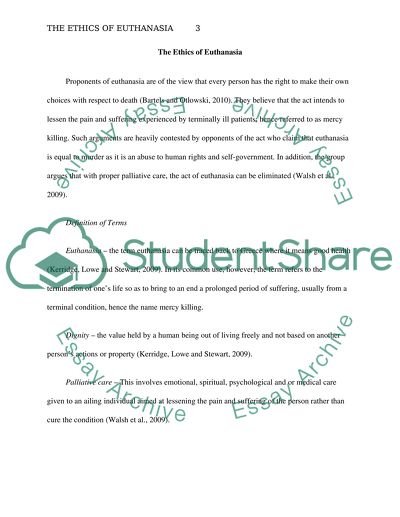Cite this document
(“Euthanasia Research Paper Example | Topics and Well Written Essays - 1500 words”, n.d.)
Retrieved from https://studentshare.org/health-sciences-medicine/1470814-euthanasia
Retrieved from https://studentshare.org/health-sciences-medicine/1470814-euthanasia
(Euthanasia Research Paper Example | Topics and Well Written Essays - 1500 Words)
https://studentshare.org/health-sciences-medicine/1470814-euthanasia.
https://studentshare.org/health-sciences-medicine/1470814-euthanasia.
“Euthanasia Research Paper Example | Topics and Well Written Essays - 1500 Words”, n.d. https://studentshare.org/health-sciences-medicine/1470814-euthanasia.


